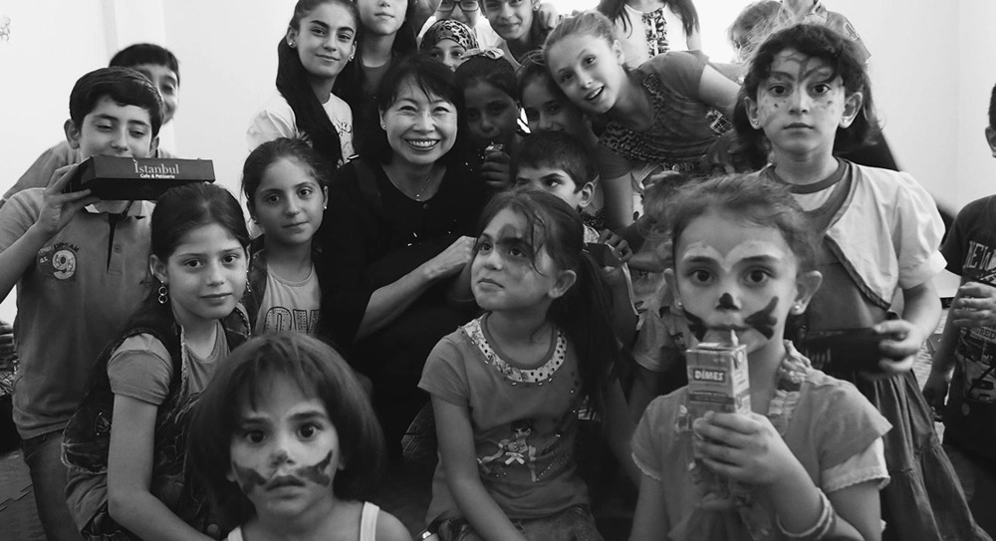
© Association for Aid and Relief Japan
Japan's Role in Building Global Peace, Stability and Prosperity, Talk & Panel Discussion
Cancelled
- 16 March 2020
- 18:00-19:00
- Japan House London, 101-111 Kensington High Street, London W8 5SA
- https://www.japanhouselondon.uk/whats-on/2020/japans-role-in-building-global-peace-stability-and-prosperity/
- +44 20 3972 7100
- info@japanhouselondon.uk
- Tweet
In 2019, Japan lost one of its leading champions for international cooperation and humanitarian aid: the academic and diplomat Ogata Sadako. During the time that Ms Ogata served as United Nations High Commissioner for Refugees, co-chair of the UN Human Security Commission, and the President of the Japan International Cooperation Agency (JICA), Japan established its status as the top development aid donor country. However, amid the prolonged economic depression and inward-looking policies that followed, Japan’s donor status declined, a trajectory that was compounded by the repeated large-scale disasters suffered by Japan in recent times.
What did Japan achieve and not achieve during this period as the UN’s second largest donor? As we enter the Reiwa era in the 2020s, what is Japan’s role in international cooperation amid deepening global turmoil?
In this talk, Professor Osa Yukie, Professor at Rikkyo University and President of the Association for Aid and Relief, Japan, discusses Japan’s past, present and potential future role in international cooperation from the standpoints of the public sector, private sector and the imperial household, while providing comparison with the UK.
She is joined in conversation by Dr John Nilsson-Wright, Senior Research Fellow, Asia Pacific Programme at Chatham House.
This event is held in partnership with Chatham House and the Embassy of Japan in the UK.
About the Speaker
Professor Osa Yukie is Professor at the Graduate School of Social Design Studies, Rikkyo University, Tokyo, Japan. She also represents the humanitarian NGO, Association for Aid and Relief, Japan (AAR), established in 1979. As head of emergency assistance operations, she was involved in AAR’s programmes in Cambodia, Former-Yugoslavia, Mozambique, Kosovo, Chechnya, Afghanistan and elsewhere. As a member of the International Campaign to Ban Landmines (ICBL), she led the Japanese Mine Ban Campaign during and after the Ottawa Process. She was a researcher for the ICBL Landmine Monitor Report for China from 1998-2008. She received her PhD in Human Security Studies at the graduate school of the University of Tokyo (2007). Her publications include, Srebrenica – Analysis of a genocide (Toshindo Publishers, 2009) and Primer to Human Security- in pursuit of freedom from fear and want (Chuo-Koron Publishers, 2012). She is a member of the Board of Trustees for the United Nations Institute for Training and Research (UNITAR) (2016-present) and was a member of the Advisory Group for the United Nations Central Emergency Response Fund (UNCERF) (2012–15) and the Japanese National Commission for UNESCO (2013- 17).
Booking Essential; Admission Free
*Please note that there are only limited places, so booking will be on a first-come, first-served basis.
